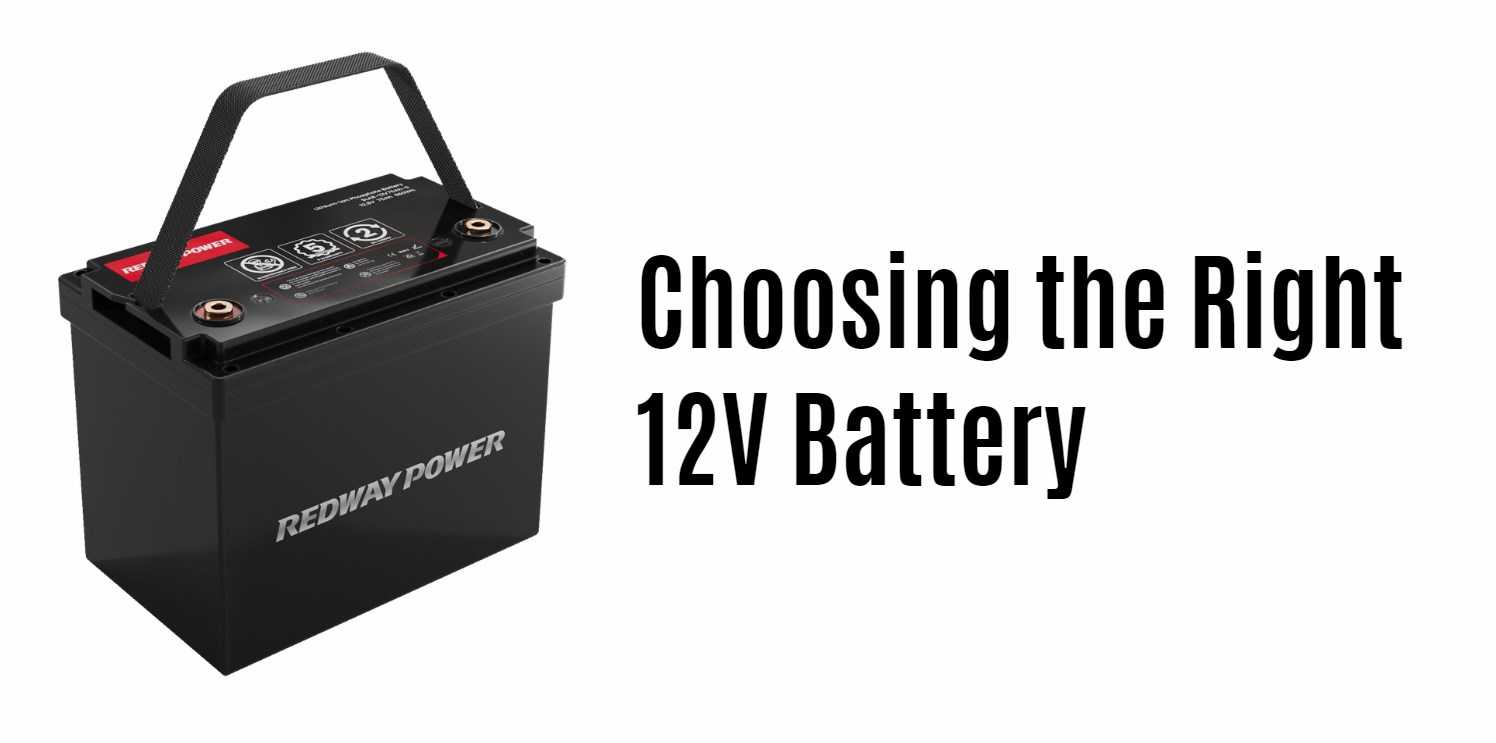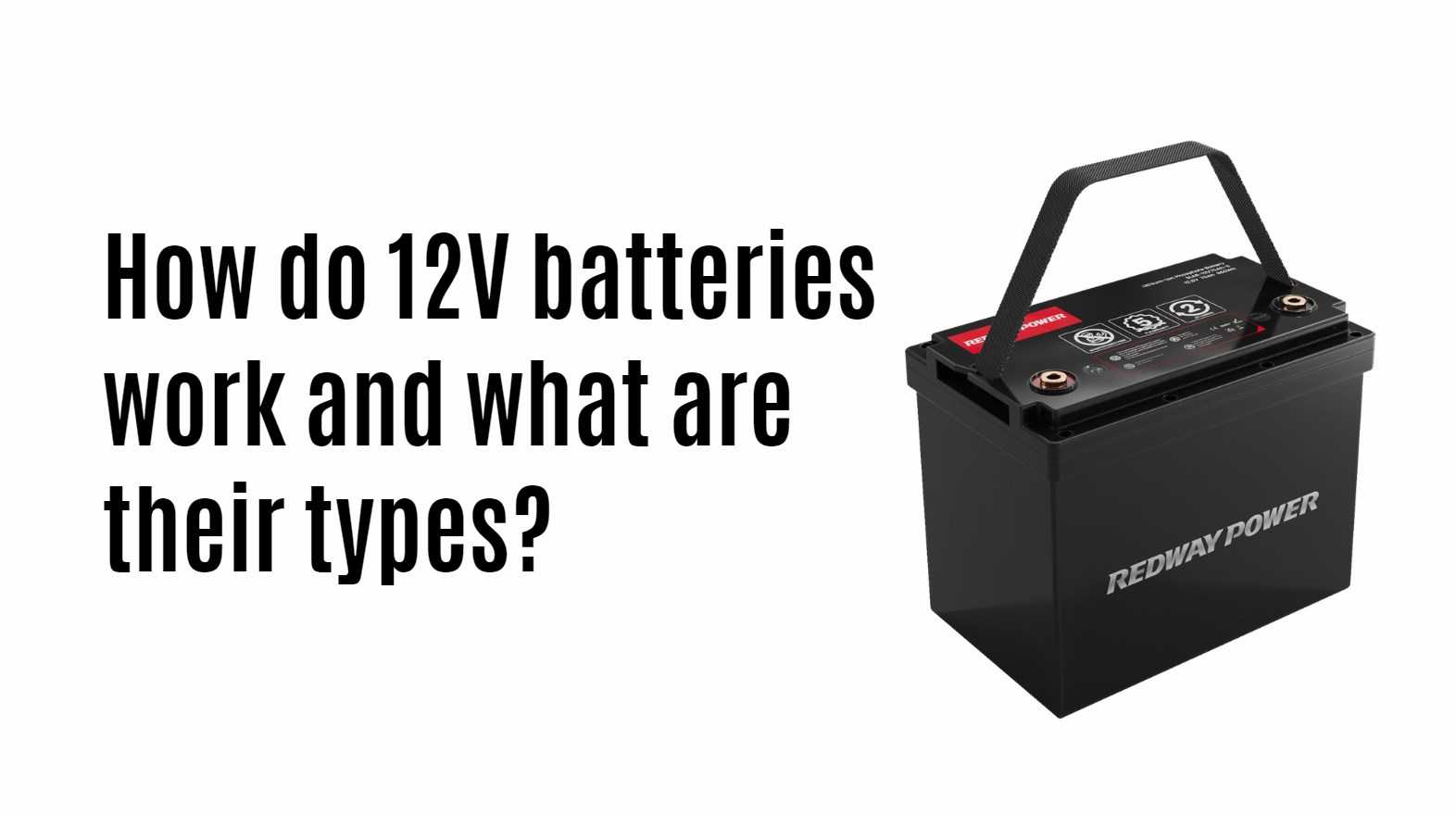In the realm of modern technology, the 12V battery stands as a pivotal component, essential in powering a myriad of devices and vehicles. This comprehensive guide delves into the intricacies of 12V batteries, exploring their types, uses, and maintenance to ensure optimal performance and longevity.
What is a 12V Battery?
A 12V battery is a type of rechargeable battery that supplies 12 volts of direct current (DC) to a circuit. Widely used in automotive and industrial applications, these batteries are crucial for starting engines and powering electrical systems. Their construction typically involves a series of cells connected in a sequence to achieve the desired voltage.
Key Components of a 12V Battery
- Positive Plate: Composed of lead dioxide (PbO2)
- Negative Plate: Made of sponge lead (Pb)
- Electrolyte Solution: A mixture of sulfuric acid (H2SO4) and water (H2O)
- Separator: A non-conductive material that prevents short-circuiting between the plates
Types of 12V Batteries
There are several types of 12V batteries, each designed for specific applications and offering unique advantages.
1. Flooded Lead-Acid Batteries
Flooded lead-acid batteries are the most traditional type, commonly found in automotive applications. They feature removable caps for electrolyte maintenance and require regular topping up with distilled water.
Advantages
- Cost-effective
- High surge current capability
Disadvantages
- Requires regular maintenance
- Prone to spillage and leakage
2. Sealed Valve-Regulated Lead-Acid (VRLA) Batteries
VRLA batteries are sealed and maintenance-free, utilizing a pressure valve to control gas release. They are available in two main types: Gel and Absorbent Glass Mat (AGM).
Gel Batteries
- Construction: Uses a gelified electrolyte
- Applications: Suitable for deep-cycle applications like marine and RVs
AGM Batteries
- Construction: Features a glass mat separator that absorbs the electrolyte
- Applications: Ideal for high-drain applications like UPS systems and motorcycles
3. Lithium-Ion Batteries
Lithium-ion batteries are a newer technology, offering superior energy density and a longer lifespan compared to lead-acid variants.
Advantages
- Lightweight and compact
- Higher energy efficiency
- Longer lifespan (typically 10 years or more)
Disadvantages
- Higher initial cost
- Sensitive to temperature extremes
Choosing the Right 12V Battery
Selecting the appropriate 12V battery involves considering several factors:

1. Application Requirements
Determine the specific needs of your application, including the required voltage, current, and capacity.
2. Battery Capacity
Measured in ampere-hours (Ah), the capacity indicates how long the battery can supply a certain amount of current. Higher capacity batteries are suited for applications requiring longer run times.
3. Physical Size
Ensure the battery fits the designated space within your device or vehicle. Battery sizes can vary significantly even among 12V batteries.
4. Maintenance Needs
Decide whether you prefer a maintenance-free battery or one that requires periodic upkeep.
Uses of 12V Batteries
12V batteries are ubiquitous, powering a diverse range of devices and systems:
Automotive Applications
- Starting Engines: Provides the initial surge of power needed to start internal combustion engines.
- Powering Accessories: Supplies energy to car electronics, including lights, radios, and GPS systems.
Industrial Applications
- Forklifts: Utilized in electric forklifts for material handling.
- Backup Power: Used in uninterruptible power supply (UPS) systems to provide emergency power during outages.
Recreational Applications
- Marine: Powers boat engines and onboard electronics.
- RVs: Supplies electricity for lighting, appliances, and other onboard systems.
Maintenance and Lifespan
Proper maintenance is crucial for extending the lifespan of 12V batteries, particularly lead-acid types.
Charging
- Use a compatible charger designed for the specific type of battery.
- Avoid overcharging, which can lead to battery damage.
Regular Inspection
- Check for corrosion on terminals and clean them as necessary.
- Ensure the electrolyte levels are adequate in flooded lead-acid batteries.
Storage
- Store batteries in a cool, dry place.
- For long-term storage, maintain a partial charge to prevent degradation.
Lifespan Expectations
- Lead-Acid Batteries: Typically last 2-5 years depending on usage and maintenance.
- Lithium-Ion Batteries: Generally last 10 years or more with proper care.
Conclusion
12V batteries are indispensable in a wide array of applications, from automotive to industrial and recreational uses. By understanding the different types, choosing the right battery for your needs, and following proper maintenance practices, you can ensure reliable performance and longevity of your 12V batteries.
Related Posts
- Zapping the Voltage: A Simple Guide to Multimeter Testing for AAA Battery Voltage
- Will Voltage Affect Battery Performance?
- Will solid-state batteries replace lithium?
- Will Batteries Last Longer in the Freezer? Answers to Your Freezing Battery Myths!
- Will batteries last longer in the freezer?
- Why you shouldn’t charge your phone overnight?




